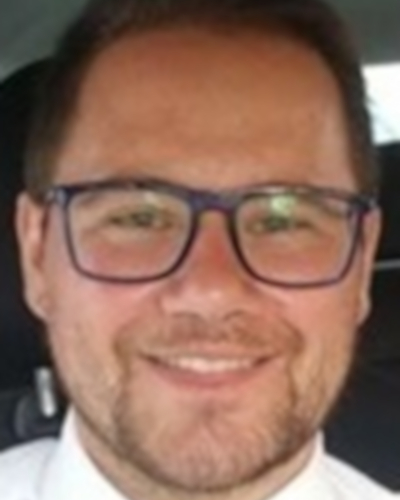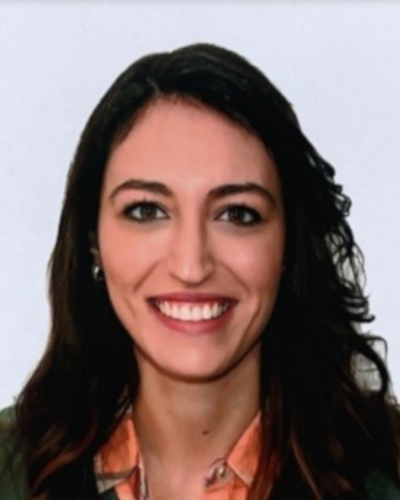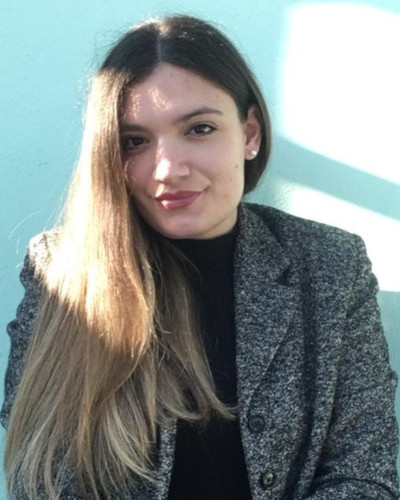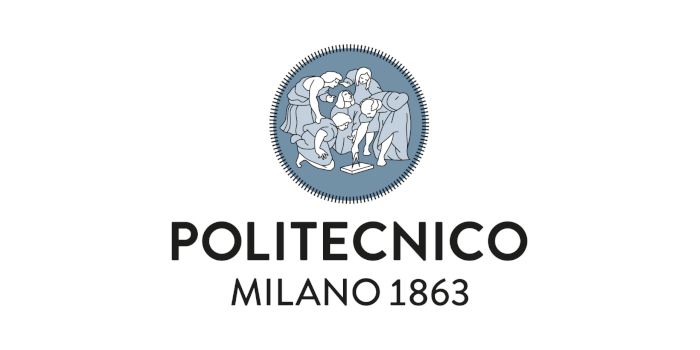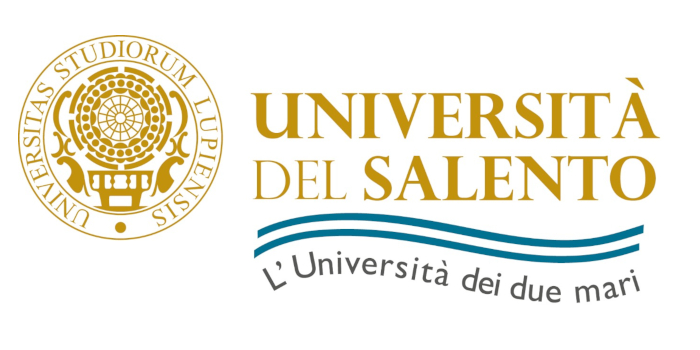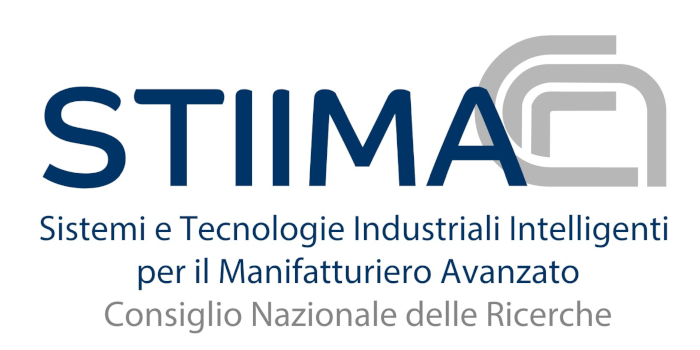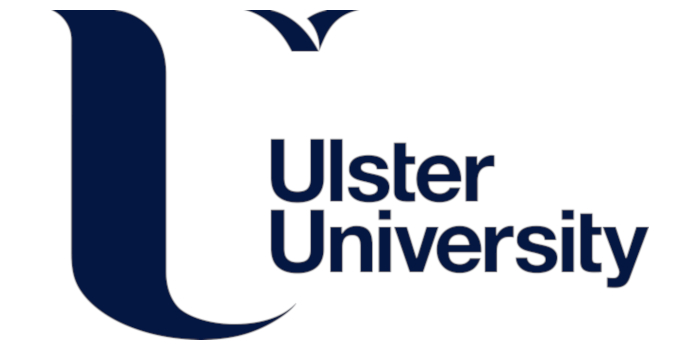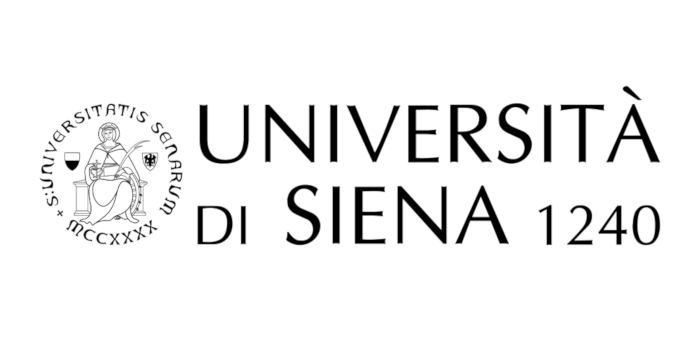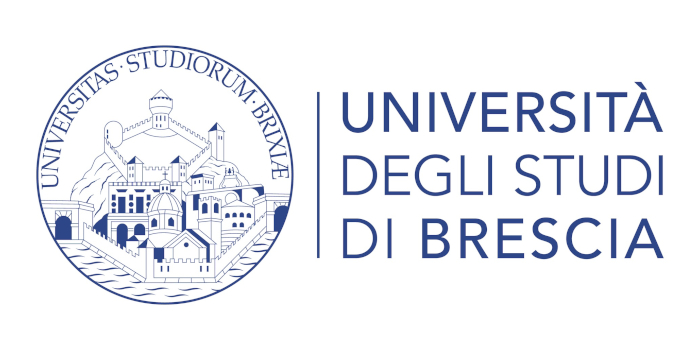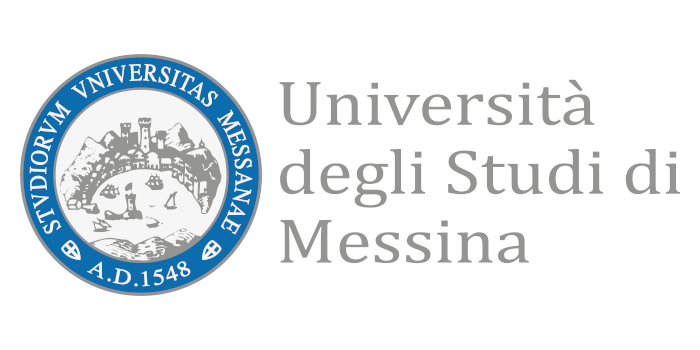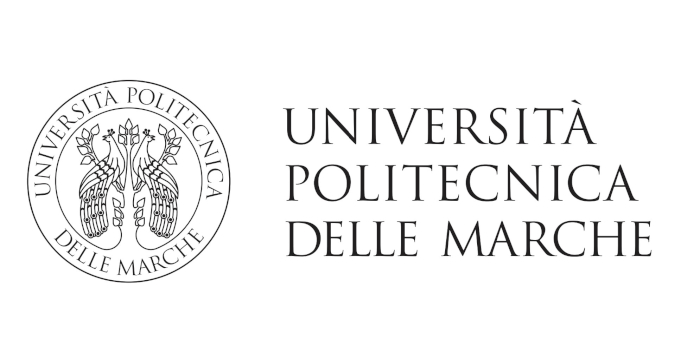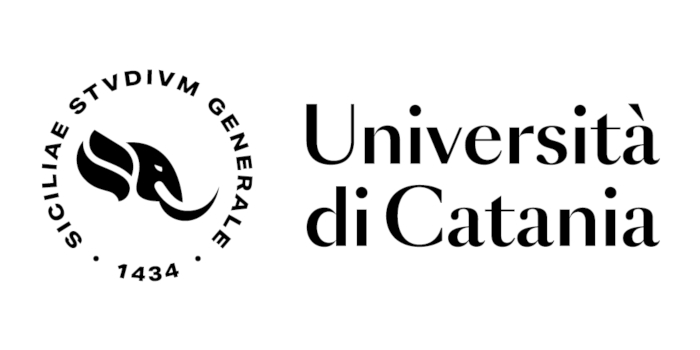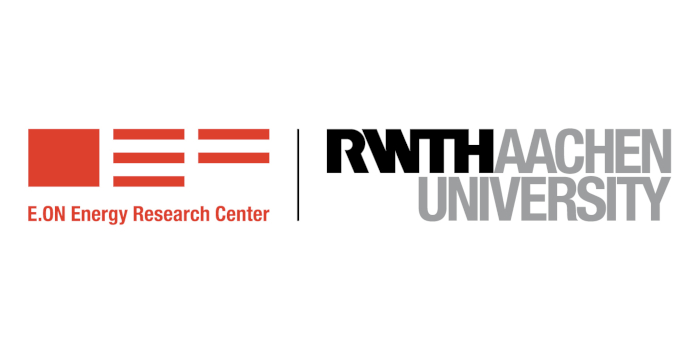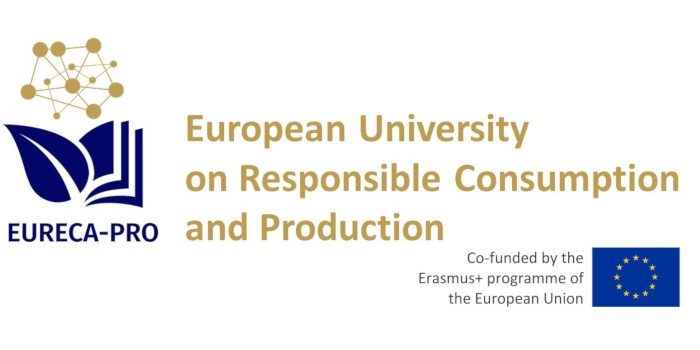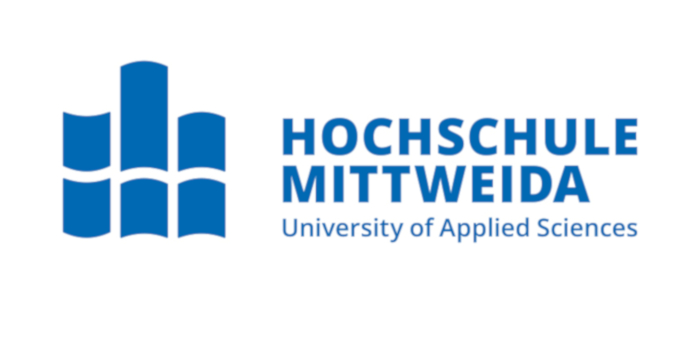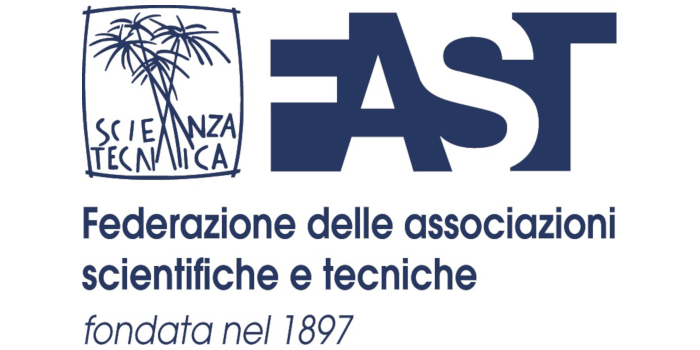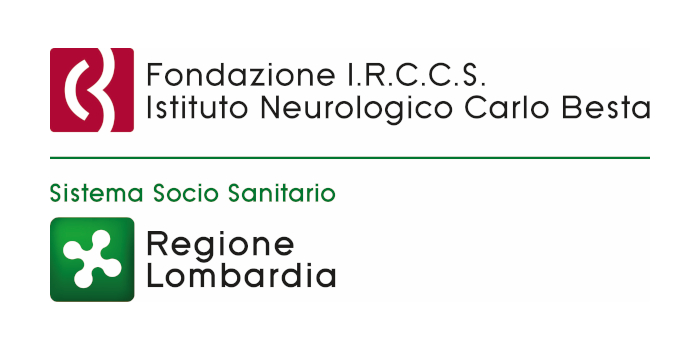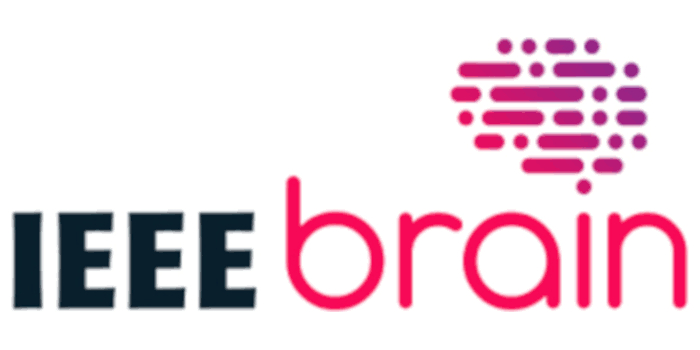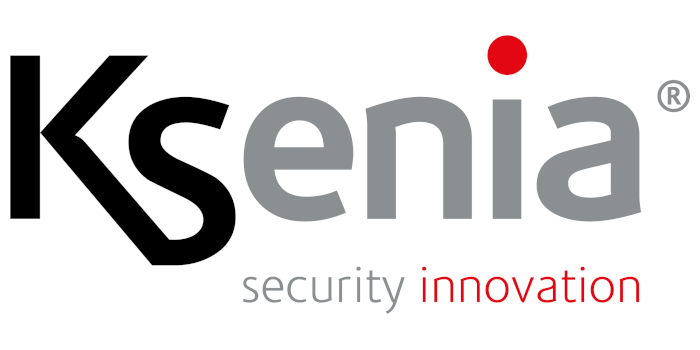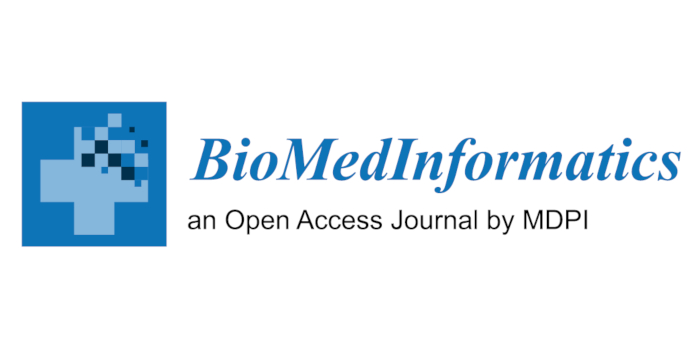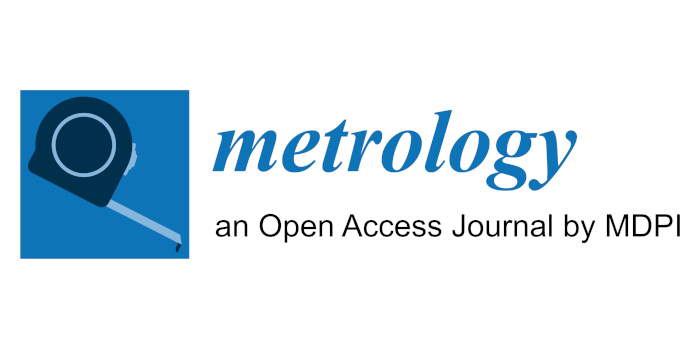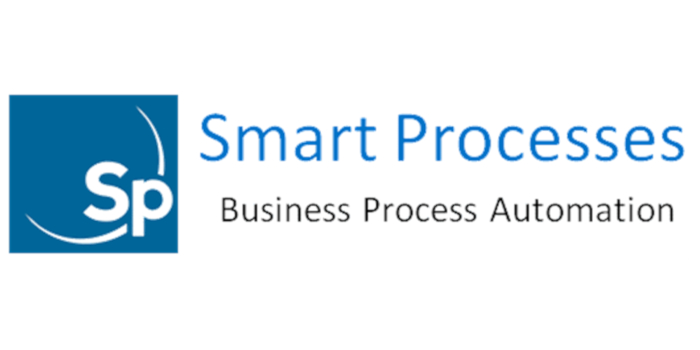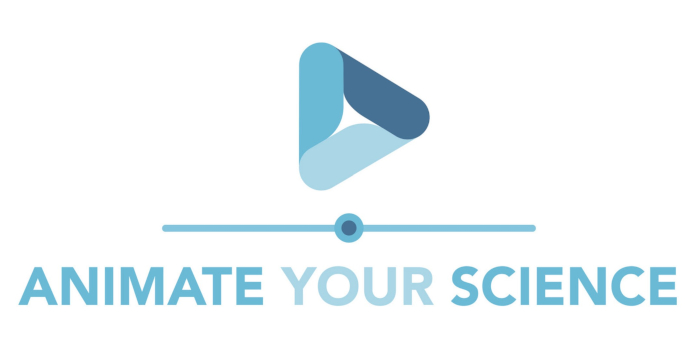SPECIAL SESSION #13
Simulation approaches and Artificial Intelligence for healthcare and biomedical engineering
ORGANIZED BY
Maria Romano
University of Naples “Federico II”, Department of Information Technology and Electrical Engineering
Leandro Donisi
University of Naples “Federico II”, Department of Information Technology and Electrical Engineering
Sarah Adamo
University of Naples “Federico II”, Department of Information Technology and Electrical Engineering
Michela Russo
University of Naples “Federico II”, Department of Information Technology and Electrical Engineering
ABSTRACT
Recently, the use of artificial intelligence, in particular machine learning, and simulation are spreading in the healthcare field. Machine learning offers the opportunity to manage and infer large amount of data in order to implement predictive models and to find patterns among the data, with the aim of supporting clinicians in the decision making. On the other hand, simulation offers the possibility to build knowledge driven models, more simplified compared to machine learning models but explainable. In this regard the special issue is finalized to combine machine learning and simulation in order to maximize the positive aspects of both approaches as well as to develop new techniques which allow to gain novel insights from biomedical data, physiological systems, healthcare management, telemedicine, clinical engineering, ergonomics and rehabilitation.
This special session welcomes contributions regarding the application of machine learning and/or simulation approaches to improve healthcare problems.
MAIN TOPICS
Main topics includes, but not limited to, the following:
- Simulation in healthcare
- Discrete Event Systems for healthcare management
- Mathematical models in biomedical engineering
- Systems biology
- Control of physiological systems
- Processing and monitoring of physiological signals
- Reinforcement learning
- Machine learning for solving biomedical issues
- Biomedical and health informatics
- Neural Engineering
- Rehabilitation engineering
- Ergonomics and biomechanical risk assessment
- Telemedicine and clinical engineering
ABOUT THE ORGANIZERS
Maria Romano is Associate Professor in electronics and informatics bioengineering at the Department of Information Technology and Electrical Engineering of University of Naples Federico II. She holds the following courses: Biomedical Instrumentation, Biomedical Data and Signal Processing, Bioengineering Fundamentals. Her scientific research involves biomedical signal processing, mainly focused on foetal heart rhythm, cardiac activity, muscular activity, and electrooculography. More recently, her research has also focused on artificial intelligence, modeling and simulation to support healthcare management and clinical decision making. She is the author of more than 150 scientific papers in peer reviewed international journals and conference proceedings.
Leandro Donisi is researcher at the Department of Information Technology and Electrical Engineering of the University of Naples Federico II. He received Bachelor’s degree in Biomedical Engineering with a dissertation on Biomechanics: “Static Schemes of Musculoskeletal Structures” and Master’s Degree cum laude in Biomedical Engineering with a dissertation on Medical Devices: “Comparative study of the performance of two accelerometric systems for gait analysis: Opal and G-Walk Systems”; both degrees achieved at University of Naples “Federico II”. His main scientific interests involve: machine learning, biostatistics, biomedical signal and image processing, electromyography, biomechanics, gait analysis, wearable devices, electronic textiles, rehabilitation engineering, ergonomics, clinical engineering, telemedicine, systems biology. He is author and coauthor of several publication about these topics on international journals and he has several participations as speaker at international conferences.
Sarah Adamo is a PhD student at the Department of Information Technology and Electrical Engineering of the University of Naples Federico II. She received her Master’s Degree in Biomedical Engineering with the dissertation: “A machine learning approach to predict rehabilitative outcomes in post-stroke patients” at the University of Naples Federico II. She currently has also a Research Fellowship with Consortium GARR at the Scientific Clinical Institute Maugeri of Telese Terme, with the project: “Implementation of AI solutions to support telemedicine and home-monitoring”. Her main scientific interests involve artificial intelligence, machine learning, telemedicine, biomedical signals and data, rehabilitation engineering.
Michela Russo received the M.S. degree in biomedical engineering with the dissertation: “Implementation Of Machine Learning Algorithms For The Recognition Of Gait-Pattern In Parkinson’s Disease Patients With Mild Cognitive Impairment” at the University of Naples Federico II in 2021. She is Ph.D. student at the Department of Information Technology and Electrical Engineering of the University of Naples Federico II. Her currently research is directed toward the gait analysis with attention to patients suffering from neurodegenerative diseases. Her main scientific areas involve biomedical signal processing, artificial intelligence and machine learning approaches.



